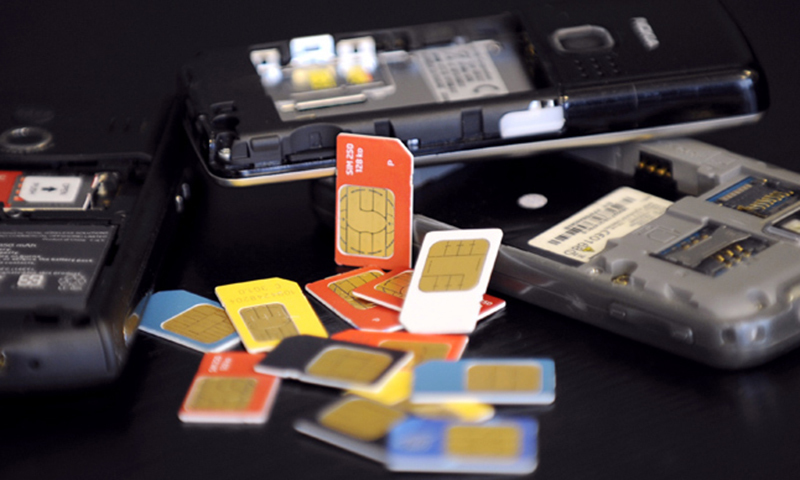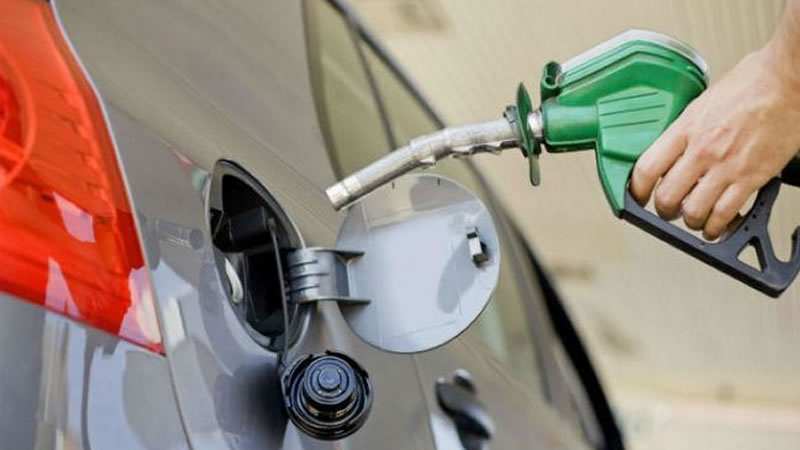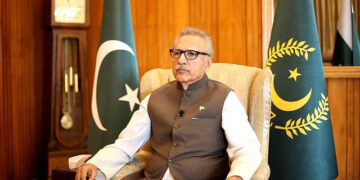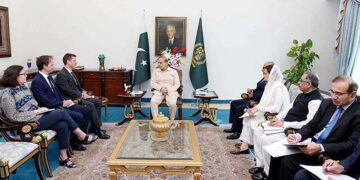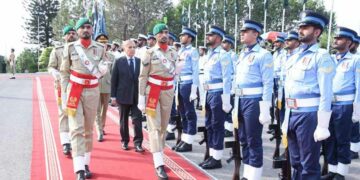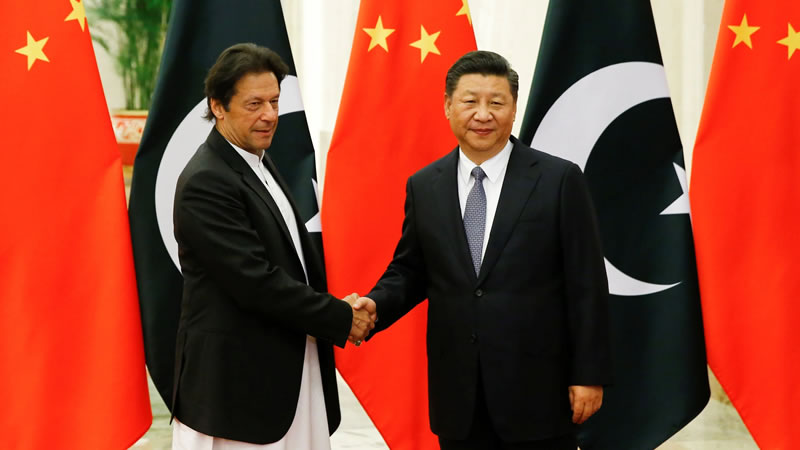The government and telecom operators are finding it hard to reach an understanding on re-verification of over 120 million pre-paid mobile phone connections in their back-to-back four meetings during the last one week.
[contentblock id=1 img=adsense.png]
The officials of the interior and IT ministries, the Pakistan Telecommunication Authority and five cellular companies – Mobilink, Ufone, Telenor, Warid and Zong – had four meetings to work out a road map to deal with the SIMs re-verification issue “once and for all”. The interior ministry had set the 28-day deadline after the Peshawar school attack during which the terrorists had used ‘biometric verified’ SIMs for communication. Although the telecom operators initially told the government that at least 200 days were required for completion of the re-verification process of the pre-paid SIMs (subscriber identification modules) they raised a question during the recent meetings whether there was a need to start a ‘marathon process’ to stop the SIMs fallen at the hands of terrorists. “Will we be again sitting together after completing the re-verification process and discussing how to stop SIMs fallen at the hands of terrorists after a terror activity involving communication through mobile phone?” asked an official of a cellular company.
[contentblock id=2 img=gcb.png]
He told the participants in the meeting that the realistic date for re-verification process was in fact a minimum of one and a half years. There has also been a proposal to focus on re-verification of SIMs in the areas of insurgency and meanwhile start biometric verification system (BVS) in remaining parts of the country. A source in PTA told Dawn that some 17 million out of 140 million SIMS in the country had been verified under the BVS since it was launched about a year ago. “As many as 100,000 new subscribers are being added every day through BVS,” he said, adding about $26 million had been spent on the BVS deployment on the instruction of the PTA. The source further said around 16,000 BVS devices per operator had been deployed throughout the country. “Of them 10 to 15 per cent of the machines are temporarily dysfunctional as they need repair. Most BVS devices are deployed in major cities of Pakistan and hardly a few in smaller towns and villages,” he said. The operators are also wary of another huge expense if they re-initiate verification process. “The National Database and Registration Authority will charge Rs23 per BVS transaction for user record verification.
The re-verification of overall SIMs will cost Rs3.2 billion to the mobile phone industry whereas millions of rupees are additionally to be spent on the purchase of new biometric machines and human resource. The retailers would also charge Rs 15-20 per verification from the operators to meet their cost of electricity and human resource,” an official of a leading cellular company told Dawn. According to a recent survey of GSMA in 15 countries, it concludes that making SIM verification mandatory does not help in reduction of crime or terror activities.
[contentblock id=3 img=adsense.png]
The industry sources believe losses suffered by the cellular operators may impact future investment in the sector especially for projected 3G roll-out. The government’s expectations of generating $500 million through auction of left-over spectrum by the PTA may also not meet. The PTA and IT ministry seem to prefer keeping a mum over the issue. IT and Communication State Minister Anusha Rehman and PTA Chairman Dr Ismail Shah did not respond to Dawn’s queries in this regard.



